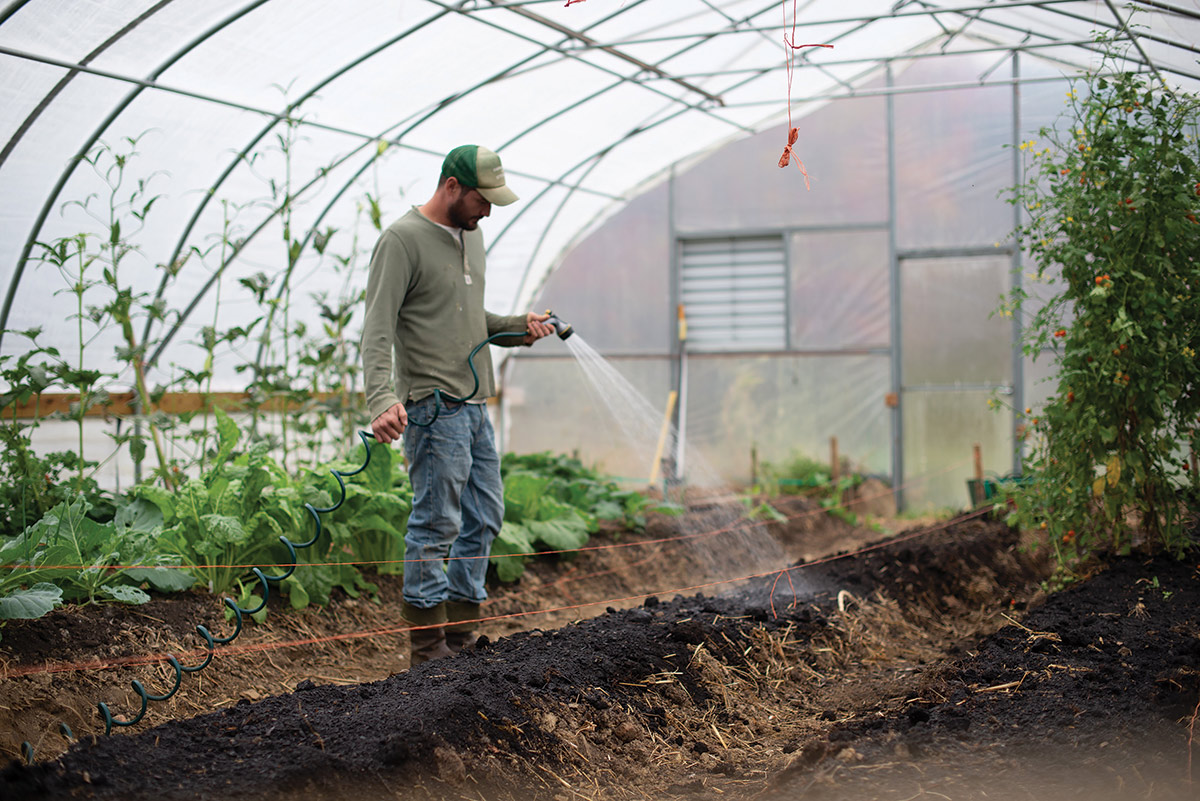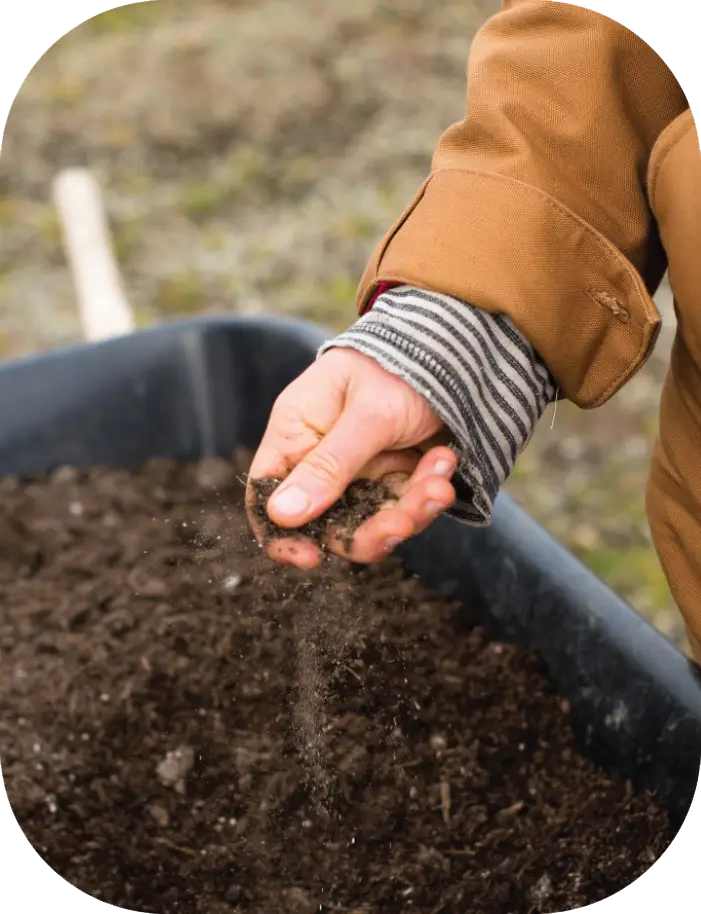Cultivating Well-Being


These Granite Staters, and thousands more, are confronting the well-documented mental health and substance abuse crises with the help of innovative UNH programs that use research to improve behavioral health outcomes across the state.


These Granite Staters, and thousands more, are confronting the well-documented mental health and substance abuse crises with the help of innovative UNH programs that use research to improve behavioral health outcomes across the state.
Malloy leads Building Futures Together, one such program that employs trusted research to boost the competency of paraprofessionals in recovery and mental health settings. Funded by the federal Human Services Resource Administration, the three-year-old initiative has trained 72 paraprofessionals and recovery peer support workers so far, filling the workforce pipeline for much-needed behavioral health professionals in New Hampshire.
“They really are the frontline heroes. They’re on the ground, doing work like overnight shifts at recovery centers,” says Malloy. One participant, she recalls, took an online seminar from his car while delivering blankets to homeless clients on a dangerously cold night. While most of these workers do not have the college degrees required of licensed mental health professionals, their experience as former substance users or clients makes them valuable players in the state’s woefully understaffed mental health workforce.
Bolstered by research on effective training for paraprofessionals, Building Futures Together pairs an online, asynchronous training model with mentored apprenticeships. And while participants receive a stipend and, on graduating from the program, a digital badge, their success transcends these benefits.


Empowering Youth for Bright Futures
“We sit down and have an empowered conversation with these youth … and we help them design a futures plan that is based on their dreams,” says Malloy. “The upheaval of adolescence is really difficult for students who are dealing with trauma histories, substance use issues, homelessness, mental health issues.” While that vulnerable teen population in general has high dropout rates and other compromised futures, Malloy calls the outcomes for youth in RENEW “remarkable.”
In New Hampshire, six school districts and eight community mental health centers are providing RENEW. “It gives youth a voice and choice in their care and honors their needs,” says Jodie Lubarsky, vice president of clinical operations at Seacoast Mental Health Center in Portsmouth, where 50 youth are enrolled in RENEW. “This model puts the youth in the driver’s seat of their care.”


Fighting Stigma, Saving Lives
“There are so many stressors on a farm,” says UNH Extension associate field specialist Olivia Saunders, citing weather, long and unpredictable hours, economic and legal challenges, conflicts with neighbors and family issues as among them. The do-it-yourself ethos of farming can further erode mental health by stigmatizing asking for help. “You say, ‘the tractor needs a new axle, I’m going to do it. I’m the caretaker of my soil, my buildings, my crops.’”
Farmers, apparently, are listening. Since the program’s launch in late 2021, Farm Strong NH has spent more than half a million dollars of its U.S. Department of Agriculture funding connecting farmers with therapists, legal experts and financial planners. “We’re happily surprised by the rapid utilization of these resources,” Wilner says.
“In my time farming I have been through drought, wet, microburst, and divorce,” one Farm Strong NH client wrote to a farming listserv in praise of the program. “I don’t believe I would still be able to run my own business without doing some deep work with professionals on how my mind works.”
Mental Health First Aid is another fairly new Extension program that’s removing the stigma that prevents people from accessing help. An international initiative that’s been coordinated at UNH since 2021, it’s “like CPR for mental health,” says Kendra Lewis, UNH Extension state specialist for youth and family resiliency. The eight-hour training “teaches people to identify those signs and symptoms of a mental health or substance use crisis and support someone in distress until qualified professional help is available,” she adds.
“Its bigger power is on destigmatization and building communities where mental health is understood,” says Mike Young, leader of Extension’s health and well-being team. And that, he says, is what makes mental health an obvious focus for UNH Extension in New Hampshire, which has disproportionately high rates of both mental health and substance use issues.
“The food system work Extension does, the natural resource protection work, the economic development work, all of that has huge implications for health,” Young says. “You could look at all of Extension’s work as improving community health in New Hampshire.”
